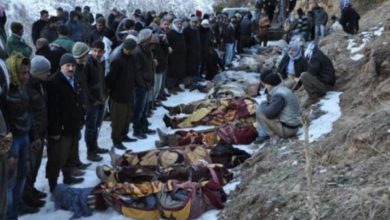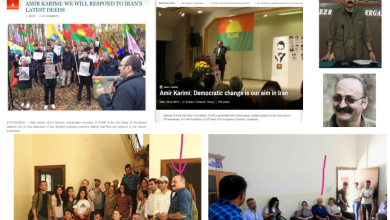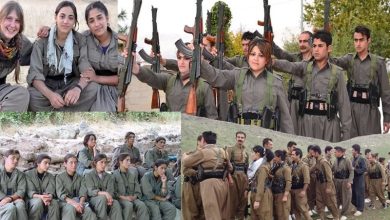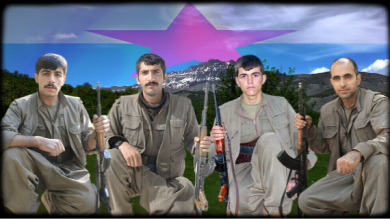The Turkish government has not fulfilled its promises to prosecute the perpetrators of this crime.
The Turkish army attacked a number of what it describes as “smugglers” in Roboski eight years ago. The group was bombed by the Turkish army while crossing the border in the Roboski border region of Uludere. Four people were killed and the bodies were transported to the cities by mules from the impassable mountains. The attack was done by the advanced Turkish Air Force fighters. In the massacre of Roboski in the Shirnakh province on the Turkish-Iraqi border, 34 people were killed, nine were children and most were members of a family or relatives. Eight years after the massacre, the Turkish government does not see itself as responsible for the army’s actions and has not even filed a complaint on behalf of the victims’ families.
Turkey denies the existence of the Kurds
Despite complaints from the public, none of the political parties (the Justice and Development Party, the Republican People’s Party and the National Movement Party) supported national nor the international investigations into the cause of the massacre and why the children were murdered. Erdogan has repeatedly stated that those responsible for the attack will be punished, but no action has been taken. The Turkish government did not even allow the families to appeal the European Court of Human Rights for the violation of their rights by Turkey.
KCK: Erdogan ordered to kill everyone because some were PKK members
The PKK Executive Council (KCK) also issued a statement marking the anniversary of the massacre of Roboski, condemning the massacre, holding Recep Tayyip Erdogan responsible and claiming: “We are aware that they reported to Erdogan before the attack saying as there were also a number of PKK members, among the border-crossers. Erdogan also ordered: “Kill everyone.”
It is worth noting that the Turkish-Kurdish conflict has, in recent years, exacerbated extremism along with the denial of non-Turks and, on the other hand, led to radical armed movements, one of which is widespread human rights abuses. Many experts believe that peace can not be expected to return to Turkish society as long as both parties to the conflict do not abandon monopoly policy and the denial of other ethnics and races. Ethnic-racial radicalism in Turkey has caused both sides of the conflict to set goals in neighboring countries to achieve their goals, and the consequences of which have been to exacerbate tensions in Iraq, Iran and Syria.






